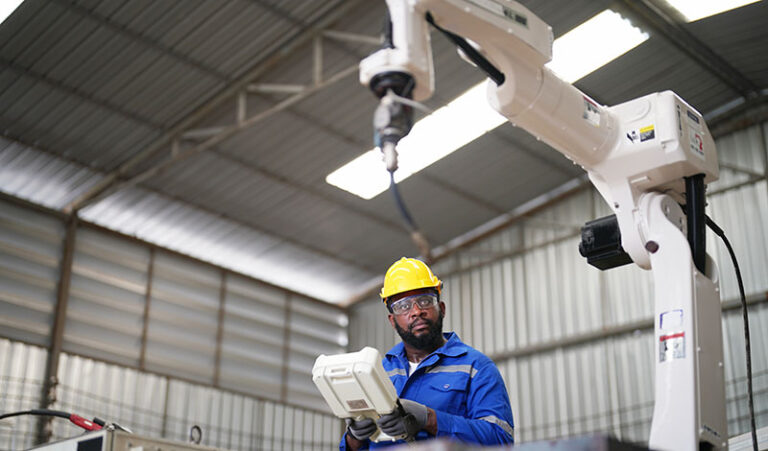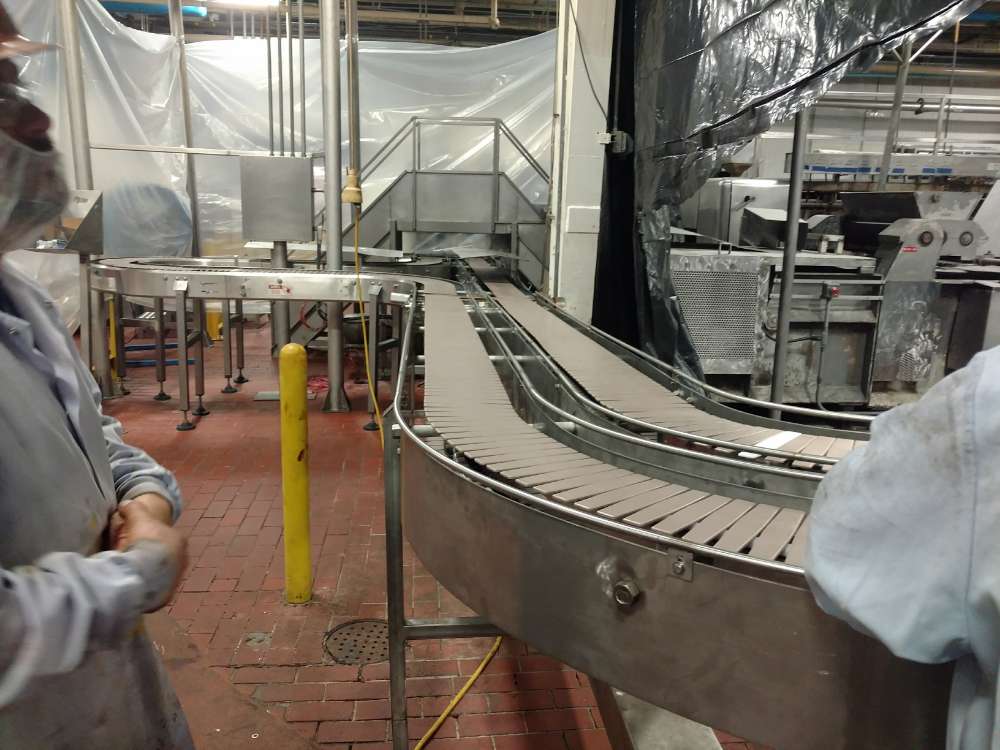
As advocates for Good Manufacturing Practice (GMP) at Process Equipment & Controls, we see it as the keystone for quality assurance. It’s the guiding light that ensures every product released is safe and effective for consumers.
Adhering to GMP standards elevates consistency and control over production processes. We believe in the power of GMP to minimize risks that can’t be entirely eliminated through testing final products.
Good Manufacturing Practice (GMP) is a set of regulations and standards for the production, control, storage, and distribution of products. It includes all aspects of product manufacture from raw material to finished product. Each component plays an important role in ensuring product quality throughout the entire manufacturing process.
At Process Equipment & Controls, we embrace CGMP regulations in our everyday processes to minimize risks. Let’s explore the five main components of GMP and how it affects the quality of products.
1
The quality of the components used in product manufacture is essential for a successful finished product. This includes raw materials, primary materials, and any other ingredients used in the production of the final product. Products should be tested to ensure they meet specifications and requirements set by regulatory bodies.
2
People are an important part of GMP. Personnel involved in the manufacturing process must have appropriate training to maintain good standards. Personnel need to understand their role, be aware of regulations, and follow quality control procedures. They should also practice safe work practices to reduce risks associated with production.
3
Product processes must adhere to GMP standards in order to protect consumers from potential hazards related to product use or consumption. All critical aspects of the production process need to be monitored and documented to ensure consistency and quality.
4
Procedures must be established to ensure that GMP standards are maintained throughout the manufacturing process. These procedures should include preventative measures, such as regular calibration of equipment, in order to reduce potential risks from defective products.
5
Premises and equipment used in product manufacture need to meet specific requirements set by regulatory bodies. This includes proper maintenance and cleaning of all areas where products are made or stored. In addition, premises should be designed for efficient product flow and with ergonomic considerations for personnel safety.
The Food and Drug Administration (FDA) plays a critical role in regulating GMP. They serve as the watchful eyes ensuring that all drug products in the United States are safe and effective. The pharmaceutical industry, food product manufacturers, the cosmetic industry, and medical device companies must adhere to the FDA’s GMP regulations.
Their authority stems from the Food Drug and Cosmetic Act, a pivotal piece of legislation in GMP enforcement. Through this, they establish guidelines that pharmaceutical companies must adhere to, ensuring that products meet the highest standards.

Turning our attention to numbers, the impact of GMP quality standards becomes even more apparent. Let’s consider the consequences of not following GMP requirements. It can lead to grave ramifications, both legally and in terms of public health.
At PEC, we see GMP as more than a rule book; we see it as a pathway to operational excellence. Implementing GMP requires a complete understanding of the manufacturing process and an unwavering commitment to quality.
Quality systems, when aligned with GMP requirements, can yield phenomenal results. It’s about meticulous documentation, careful process control, and systematic testing – all geared toward one goal: a safe, high-quality product.
Our role is to guide you in weaving these GMP principles into your production lines. We provide solutions designed for this purpose. We help you turn GMP compliance from a daunting task into a source of competitive advantage.
At PEC, GMP is woven into the fabric of our business. We ensure our products and services support GMP compliance, delivering solutions that prioritize quality and regulatory adherence.
Our commitment goes beyond just meeting the minimum requirements. We continually refine our practices to elevate our standards and deliver top-notch solutions, consistently aligning with the evolving landscape of good manufacturing practices.